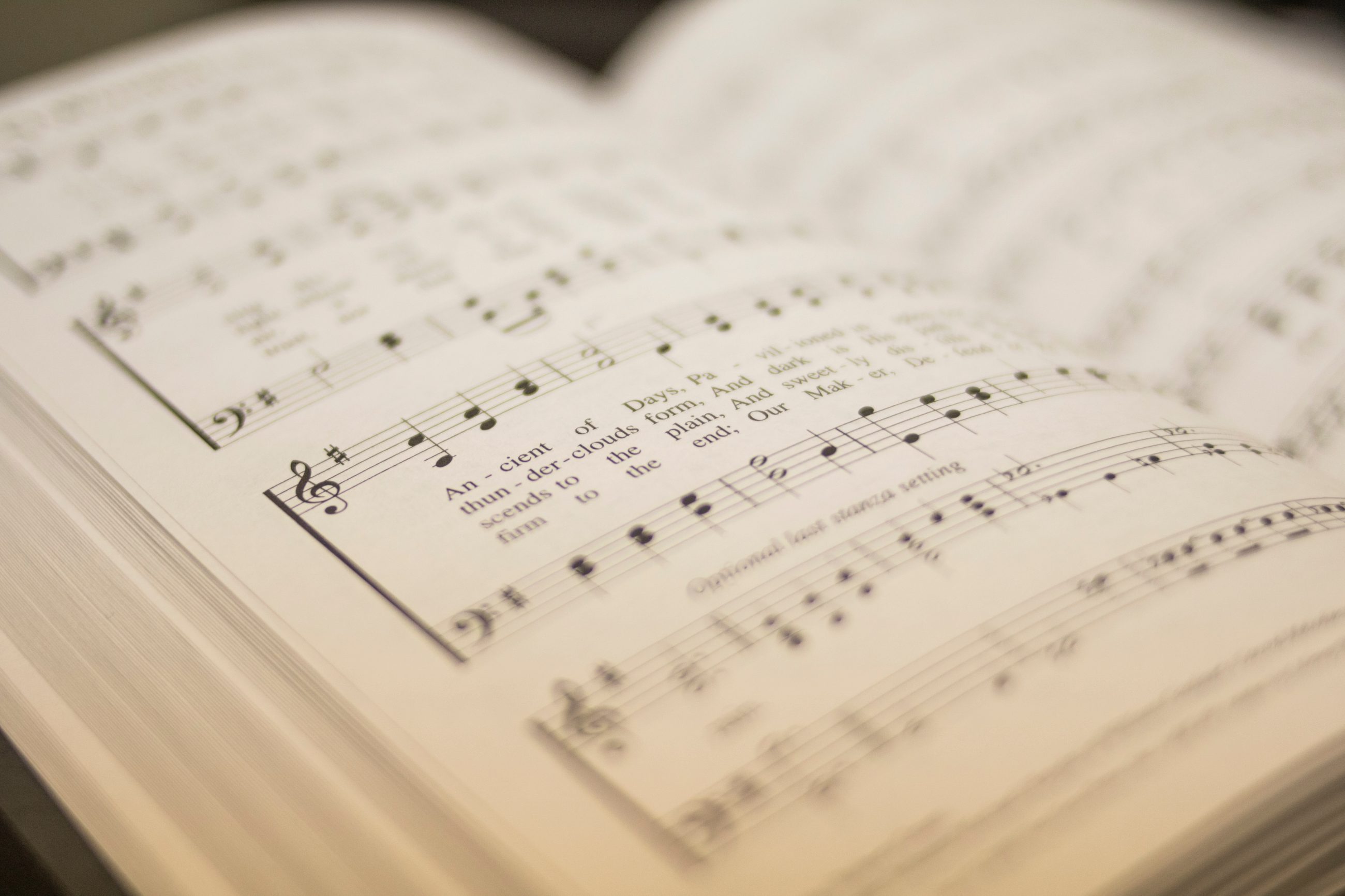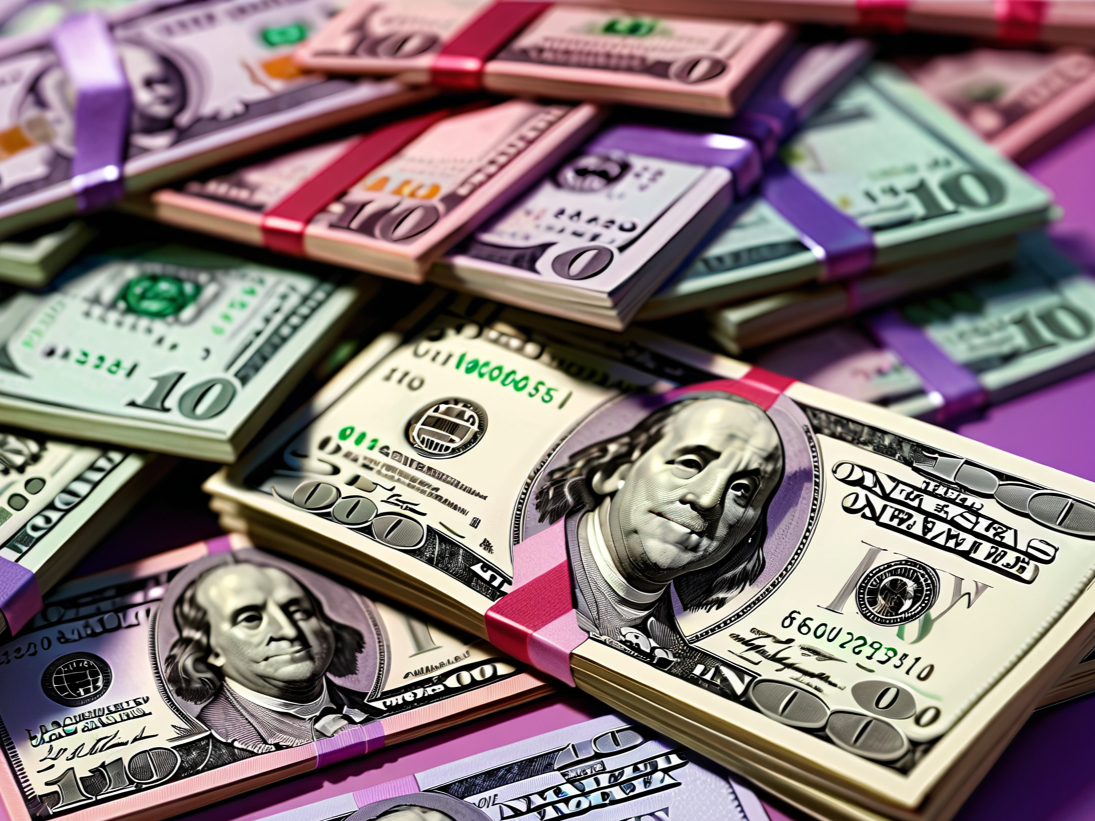What Is Music Publishing?: Breaking It Down For Musicians
What is Music Publishing?
Music publishing is one of those industry buzzwords that a lot of musicians find utterly confusing…and we can totally understand why. Music publishing is inextricably linked to the concept of copyright. In each song, there are two types of copyright that need to be considered – the Composition (the song’s melody and lyrics) and the Master (the recorded version of the song). Publishers deal with the composition element, while record labels preoccupy themselves with the song’s master.
Still a bit confused? Keep reading.

The Basics: How does music publishing work?
Let’s talk about money. Say that you get signed to a record label. When a physical or digital copy of your record is sold/streamed, the money goes directly to the record label.
However, once your songs start getting played on the radio, the composition matters. This is where music publishers come in. On their most basic level, music publishing companies liaise with performing rights organisations and collect the royalties (performance, mechanical and sync licensing royalties) that you’re owed.
Some publishing companies offer other bespoke services such as writing opportunities, synchronisation procurement and sampling pitching. A good publisher makes sure that you’re generating top dollar from your compositions.
How much money can I make from music publishing?
You can earn money from your composition by essentially “renting” it to different visual and sonic platforms (i.e. TV, radio, etc). The revenue stream depends on how business-savvy your music publisher is, and how capable they are in getting you some sweet writing and sync deals.
Sync licences can range from a few hundred to thousands of dollars. Why? Syncing refers to the music that’s used to accompany a visual medium such as a movie or a series. The multi-billion-dollar movie and online streaming industries make syncing one of the most lucrative deals that an artist can get.
And the best thing about sync fees is that they’re usually paid upfront since whoever is using your song needs your direct permission before they can use it. In addition to the money generated from this deal, syncing is an excellent way to promote an up-and-coming artist and their music.
Performance royalties have also become an industry-standard – meaning that if you include a song on your setlist, the songwriter gets paid whenever you play it. PROs (performing rights organisations) charge venues a licence fee that ensures that the artists that perform there get their performance royalties.
If a music publisher believes in your songwriting chops, they can offer a songwriting deal, whereby your songs are recorded by more successful artists. But beware – this is not an easy feat. Songwriters can end up writing hundreds of songs without ever hearing back from the megastar’s record label. It is definitely not for the faint-hearted!
Final notes
Like all aspects of the music industry, music publishing is an ever-changing sector that’s becoming more and more important for artists who want to make a living out of their music. The rise of streaming platforms such as Netflix and Disney+ has continued to establish music publishing as an essential cornerstone of the increasingly-digitised music industry. Despite all these changes, music publishing’s main principle is still intact: that of rewarding songwriters for their work.
Photo credit: Anita Peeples






